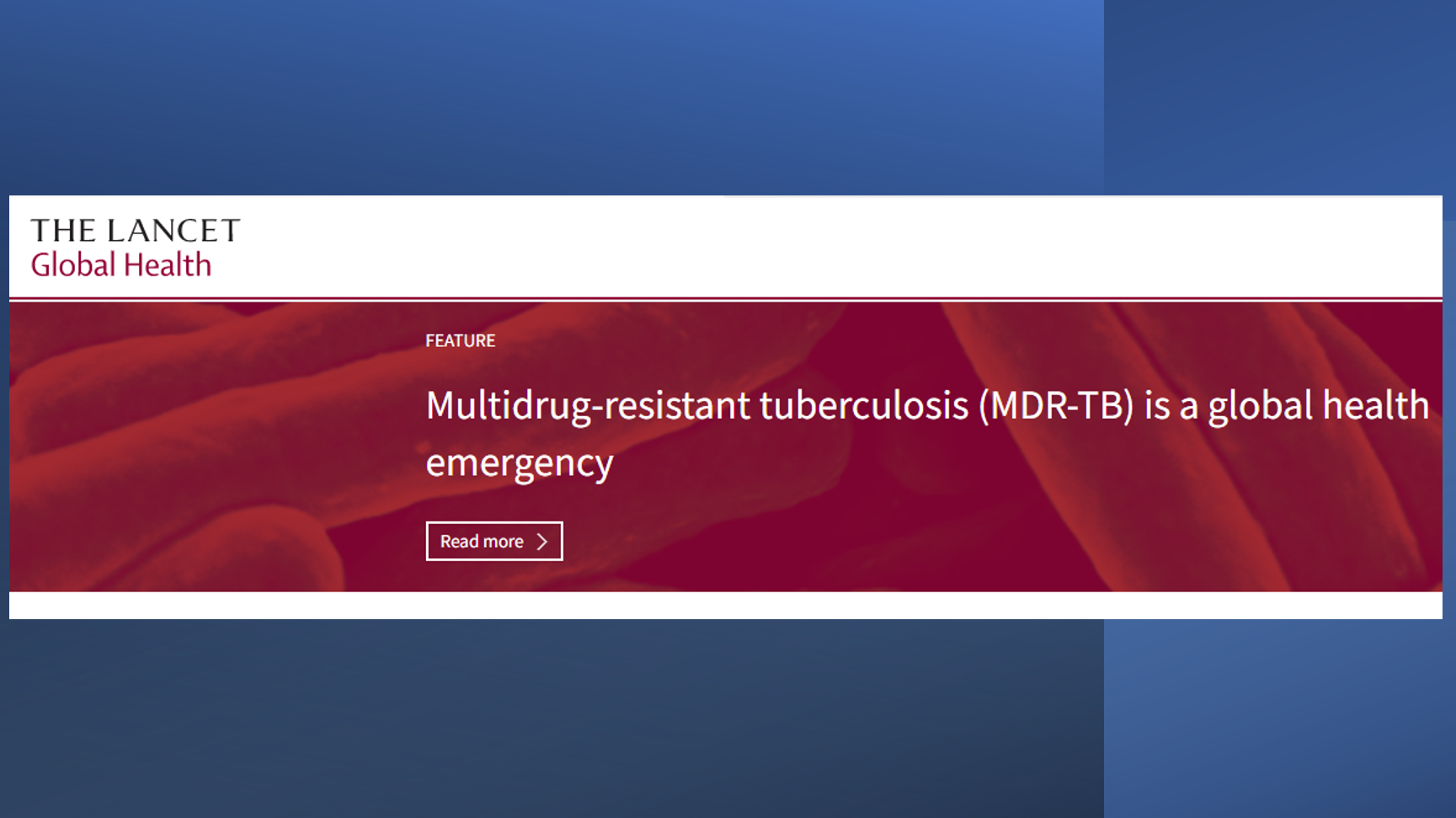
LSTM’s Dr Tom Wingfield has jointly led a national retrospective cohort study in Sierra Leone looking at the social and health factors that are associated with adverse treatment outcomes for adults with multidrug-resistant tuberculosis (MDR-TB).
MDR-TB deaths remain high at 182 000 per year, making it a leading cause of death related to antimicrobial resistance globally. Additionally, MDR-TB is undermining progress towards WHO’s End TB Strategy goal of a reduction in tuberculosis deaths of 90% of 2015 rates by 2030.
Long and toxic MDR-TB treatment regimen contribute to low rates of treatment success and high mortality. For those affected, these low rates of treatment success can be due to difficulties maintaining long-term adherence, side effects, and severe socioeconomic impacts.
Published as a Feature Article in the journal The Lancet Global Health, the team used programmatic data from the National MDR-TB Programme of Sierra Leone to examine the treatment outcomes of all 365 people notified with MDR-TB in Sierra Leone from April 2017 to September 2019. The study is the largest single-country west African MDR-TB cohort reported to date.
The results showed that 267 (73%) of 365 participants had treatment success, which approached WHO targets (>75%). Adverse outcomes, such as death, failure of treatment, and loss to follow-up, were associated with longer MDR-TB treatment courses, undernutrition, untreated HIV, and chronic non-communicable lung diseases such as emphysema. Additionally, the team observed that people who had deafness related to treatment with an injectable antibiotic and those who had resistance to an antibiotic called prothionamide, were also more likely to have adverse MDR-TB treatment outcomes.
Dr Fouad Kamara said: “MDR-TB in Sierra Leone and West Africa is an increasing problem, which is changing the dynamics of the TB epidemic. Of the 30 high TB burden countries, eight are in West Africa. One of these is Sierra Leone. The key challenges to addressing MDR-TB in Sierra Leone are mitigating poverty, fighting stigma, improving healthcare access, enabling wider use of rapid diagnostics, and scaling-up all oral TB treatment regimens. Hopefully, this study will provide a starting point to better support people with MDR-TB to become cured.”
Dr Wingfield said: “MDR-TB is a global public health emergency and leading cause of death from antimicrobial resistance. Using routinely collected data, we characterised social and health factors that contribute to adverse MDR-TB treatment outcomes. We are now using these findings to develop simple, practical, tools to help TB healthcare workers in Sierra Leone to identify people with MDR-TB’s risk of adverse outcomes. This will support development of targeted clinical, socioeconomic, and nutritional interventions to improve their outcomes and, hopefully, their health and wellbeing.”
Lancet Global Health also features a podcast interview with Dr Fouad Kamara and Dr Wingfield describing their collaboration, their findings and the potential impact of this research.
World TB Day 24th March 2022. Invest to End TB. Save Lives.
Published: April, 2022 DOI:https://doi.org/10.1016/S2214-109X(22)00004-3